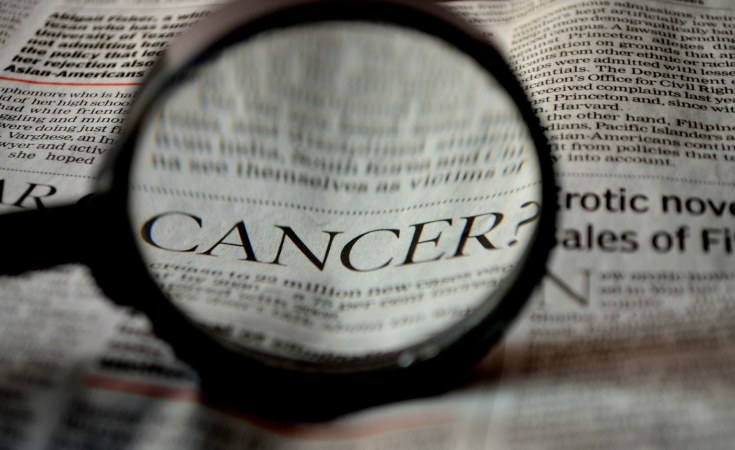ZIMBABWE has in the past few years seen cancer cases almost double with over 10 000 cancer deaths recorded in 2020 alone.
Dr Nothando Mutizira, head of Parirenyatwa Radiotherapy Centre Consultant Clinical and Radiation Oncologist at Parirenyatwa Hospital told the Health Portfolio Parly Committee that cancer cases were now high, with new cases expected.
This has been attributed to factors such as behavioural risk factors for cancer, poor access to early diagnosis treatment and palliative care.
The country's main public hospitals offering cancer therapy services also have no functional machines.
"We have seen a steady increase of cancer cases in Zimbabwe from 2008 and whilst we appreciate that the cancer cases are quite high, as of 2018 we recorded 7841 cancers in both children and adults.
"We also appreciate that there is under-reportage of cancer cases and GLOBOCAN estimated that we had 16 083 cases in 2020 and over 10 000 deaths in 2020," Mutizira said.
GLOBOCAN 2020 is an online database providing global cancer statistics and estimates of incidence and mortality in 185 countries for 36 types of cancer, and for all cancer sites combined.
Data according to GLOBOCAN.
Mutizira told the committee that her department was still awaiting for the 2020 national cancer registry.
The most common type of cancers affecting people were cervical cancer, breast cancer and prostate cancer which constituted 69% of the cancer burden in the country.
"What is alarming is that these cancers can be screened for and be lowered in terms of the disease burden.
"59% of cancer deaths are due to cervical, breast and prostate cancer in Zimbabwe," Mutizira said, adding the majority of the cancers were being presented late.
"This is very unfortunate. Due to poor health seeking behaviour by people, some cancers are diagnosed at the final stages of the disease.
"What is alarming is that these cancers can be screened for and be lowered in terms of the disease burden," Mutizira added.
Statistics at the radiotherapy centre at the hospital had shown that over 1500 patients were seen each year from 2015 to 2018 however, figures dropped due to the Covid-19 pandemic in 2020 to 2021.
"Numbers decreased between 2019 to 2021 due partly to Covid-19 outbreak.
"We saw only 568 patients in 2020 as compared to 1500 in the previous year. However, numbers are now coming up again. Last year we saw over 1000 patients and we anticipate the figures will increase this year."
Cancer services on offer include chemotherapy, radiotherapy, brachytherapy and other alternatives such as immunotherapy.
"On radiotherapy, all our cancer machines are down. The linear accelerators are down and our last machine broke down on January 31, 2022. Since then we have not been able to offer any radiotherapy services," said Mutizira.
The hospital has been able to offer high dose rate brachytherapy.
"We have two brachytherapy machines. Of these two, one is down and we are using the other functional one to treat patients who have gynaecological cancers.
"The number of those being treated under brachytherapy has gone down because we use brachytherapy as a boost for those who would have gone through radiotherapy but the machines are down," the oncologist stated.
Government through the Treasury has availed US$2.4 million for the repair of the cancer machines.
Committee chairperson, Ruth Labode revealed that the cancer machines at Mpilo Hospital were said to be down for the past four years.
She questioned why Parirenyatwa Group of Hospitals had failed to decentralise cancer services to Bulawayo and other provinces to avoid burdening the hospital.


